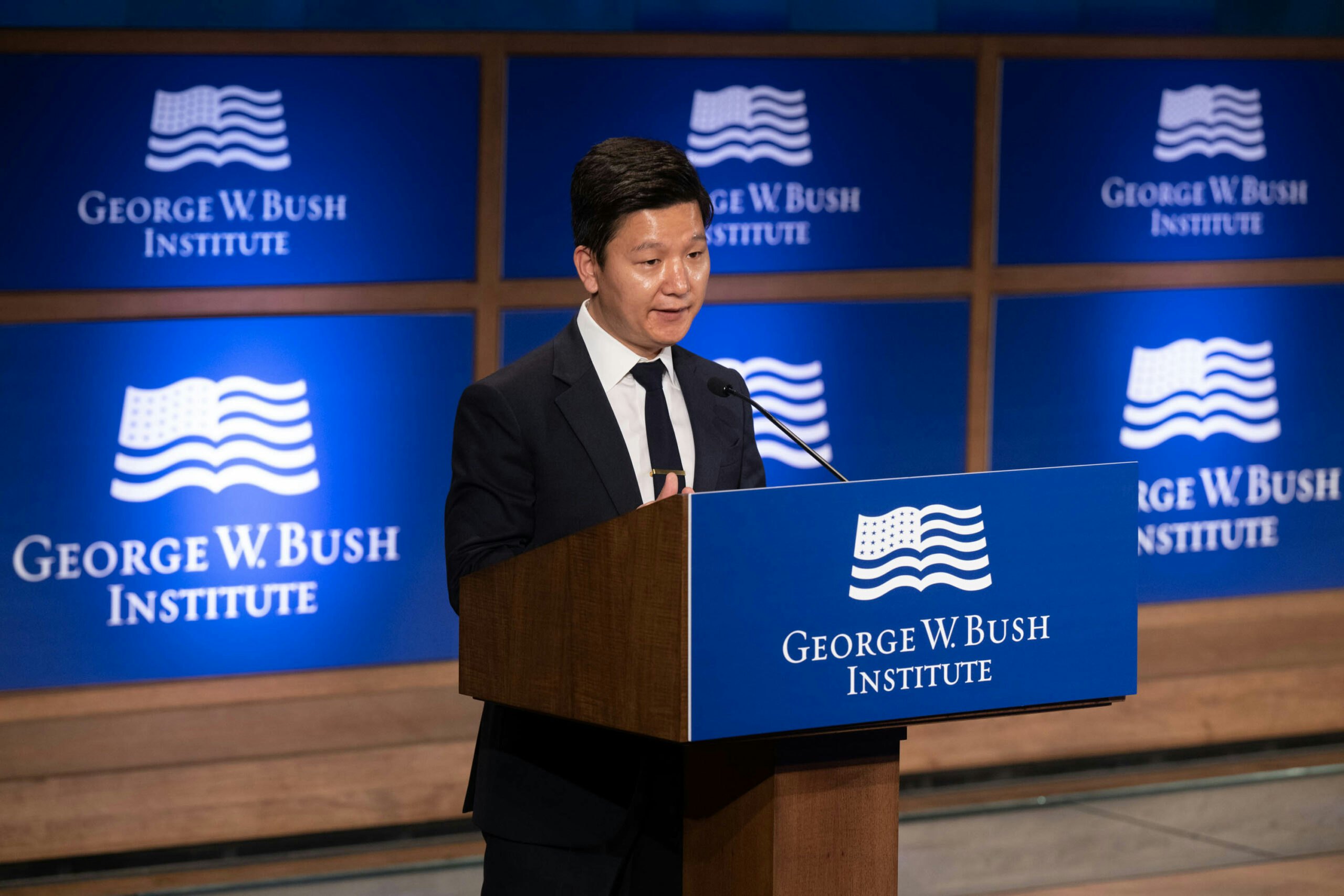Today, February 11, marks the thirtieth anniversary of the liberation of Anatoly Shcharansky from the Soviet gulag.
Today, February 11, marks the thirtieth anniversary of the liberation of Anatoly Shcharansky from the Soviet gulag. Shcharansky, now Natan Sharansky, was arrested in 1977 and sent to prison in 1978 for the “crimes” of teaching Hebrew and seeking an exit permit to go to Israel.
These were years of incredible courage and sacrifice. Sharansky’s remarks to the court that sentenced him in Moscow will be remembered and revered for as long as men fight for freedom:
“During my interrogation the chief investigators threatened me that I might be executed by a firing squad, or imprisoned for at least fifteen years. But if I agreed to cooperate with the investigation for the purpose of destroying the Jewish emigration movement, they promised me freedom and a quick reunion with my wife.
“Five years ago, I submitted my application for exit to Israel. Now I am further than ever from my dream. It would seem to be cause for regret. But it is absolutely the other way around. I am happy. I am happy that I lived honorably, at peace with my conscience. I never compromised my soul, even under the threat of death.
“I am happy that I helped people. I am proud that I knew and worked with such honorable, brave and courageous people as Sakharov, Orlov, Ginzburg, who are carrying on the traditions of the Russian intelligentsia [in defending human rights in the Soviet Union]. I am fortunate to have been witness to the process of the liberation of Jews of the USSR.
“I hope that the absurd accusation against me and the entire Jewish emigration movement will not hinder the liberation of my people. My near ones and friends know how I wanted to exchange activity in the emigration movement for a life with my wife Avital, in Israel.
“For more that two thousand years the Jewish people, my people, have been dispersed. But wherever they are, wherever Jews are found, every year they have repeated,’Next year in Jerusalem.’ Now, when I am further than ever from my people, from Avital, facing many arduous years of imprisonment, I say, turning to my people, my Avital, ‘Next year in Jerusalem.’
“Now I turn to you, the court, who were required to confirm a predetermined sentence: To you I have nothing to say.”
When Sharansky was freed in 1986 he went immediately to Israel to meet his wife, Avital, who had moved there and campaigned ceaselessly for his release. It is reported that his first words to her were “Sorry for being late.”
In Israel, Sharansky has remained dedicated to the struggle for democracy worldwide, and in 2004 wrote (with Ron Dermer) The Case for Democracy: The Power of Freedom to Overcome Tyranny and Terror. He is now chairman of the Jewish Agency.
February 11 is a date worth celebrating not just for Sharansky and his family–his wife, his children, and his grandchildren–and not just for Jews and Israelis, but for everyone struggling for democracy worldwide, and all those supporting them. Sharansky’s irrepressible spirit is a reminder that freedom itself is irrepressible, and can arise again even after long decades of dictatorship.
Both Elliot Abrams and Natan Sharansky are members of the Bush Institute’s Human Freedom Advisory Council. This article originally appeared on Elliot Abrams’ Council or Foreign Relations blog , Pressure Points.



























